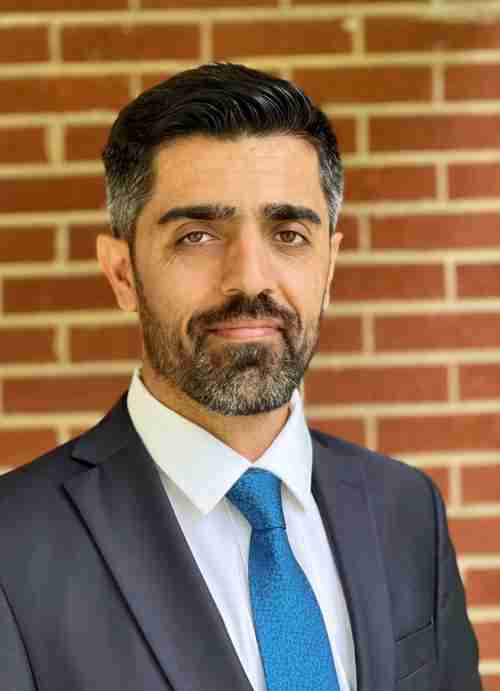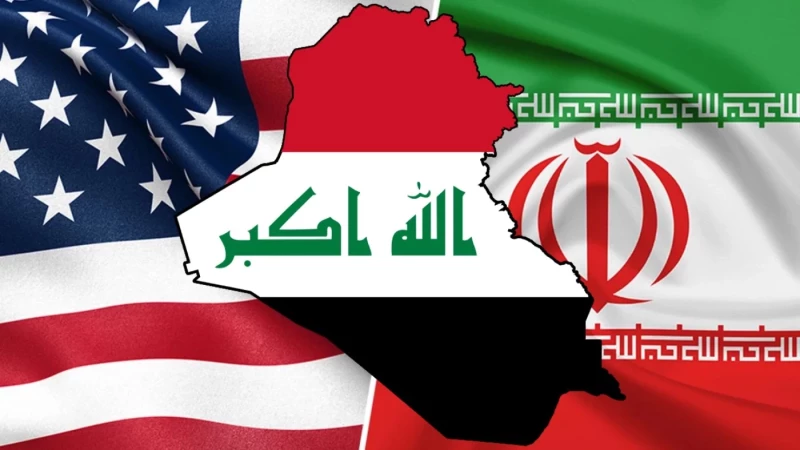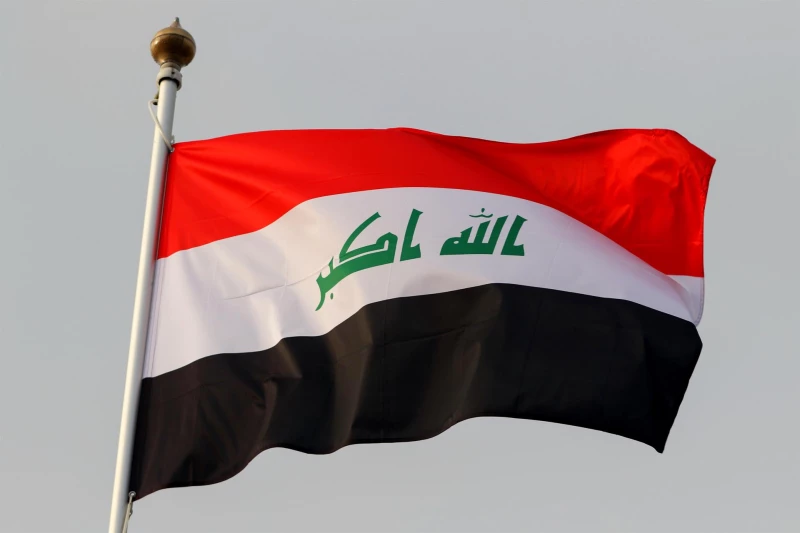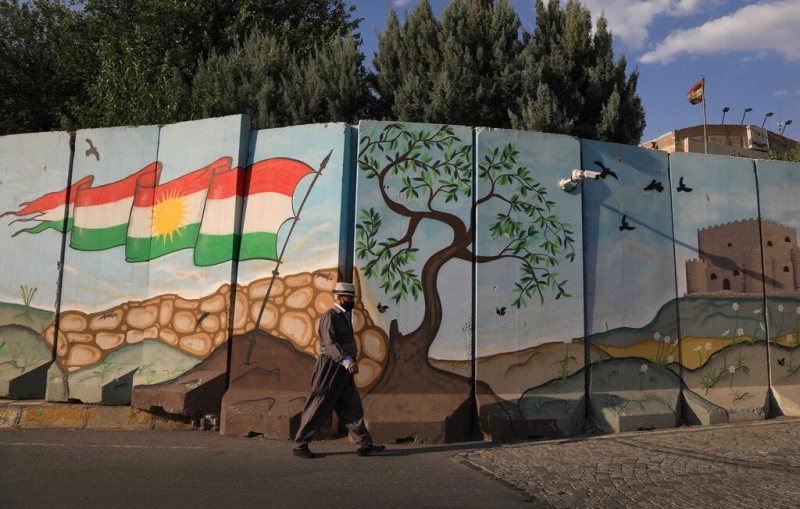Although a ceasefire now holds after the 12-day Israel–Iran showdown, the June 13 Israeli strikes deep into Iranian territory shattered a decades-old regional taboo. For the first time since the end of the Iran-Iraq war in 1988, Israel directly hit Iran’s military infrastructure on a mass scale—signaling that the previous status quo no longer applies, and that new regional possibilities—and dangers—are emerging.
Among the populations most affected by this new regional reality are Kurds in Iran, long victims of systemic marginalization. Exploiting the Israeli war campaign, Iran’s regime executed three Kurds arrested on unsubstantiated charges of espionage for Israel on June 25. This is nothing new. Kurdish political activists are frequently branded separatists and treated as national security threats. Kurds and members of other ethnic communities continue to be disproportionately executed by the regime for political activism, according to human rights organizations. Overwhelming political repression coexists with deliberate economic hardship, imposed by the state. For instance, Kurdish-majority provinces like Kurdistan, Kermanshah, and Ilam rank among the country’s poorest and least developed.
Amid this overall reality, Israel’s targeting of IRGC bases in these provinces would have created a window for Kurdish opposition groups based in Iraqi Kurdistan. Many footholds lay exposed—yet all major Kurdish parties in Iran, from the Kurdistan Democratic Party of Iran (KDPI) and Komala branches to the Kurdistan Free Life Party (PJAK), resisted entering the fray.
Despite the propaganda from the Islamic Republic and misconceptions among many analysts and media, these parties' publicly stated demands aim at ending ethnic and religious discrimination and securing decentralized governance—not outright independence.
This strategic restraint is rooted in caution. Kurdish leaders rightfully calculated that, under existential pressure, Iran might attempt to portray Kurds and other ethnic political groups as pursuing secession and the partition of the country.
This narrative could then be used to justify a harsh crackdown on the Kurdish region while simultaneously generating a rally-around-the-flag effect—particularly in ethnically mixed urban centers like Tehran and in Persian and Shia-majority areas—thereby buying the regime time and shoring up nationalist sentiment. But having survived this war, the regime might now seek to intimidate the broader population and project strength by executing more activists from ethnic communities.
Implications for Iraq’s Kurds
The weakening of Iran carries significant implications beyond its borders—particularly for Iraqi Kurds. On the Baghdad side, but Iraqi leaders have also made diplomatic maneuvers—and been relatively fortunate—in weathering the regional storm so far. Notably, a key and fortunate factor for Iraq has been Israel’s apparent unwillingness to open a front in Iraq, at least for now, given that the threat it has faced from Iraqi armed factions aligned with Tehran has been minimal compared to the likes of Lebanese Hezbollah or the Houthi Ansarullah group in Yemen.
With the current ceasefire in place, we will have to wait and see whether Baghdad decides to make compromises—at least on the salary front—with the Kurdistan Regional Government for now, or instead doubles down on its pressure campaign against the Kurds.
Given that Iran’s influence has long shaped the “Shia front,” a weakened Iran—especially one under sustained Israeli and US pressure—could shift the balance of power inside Iraq in favor of non-Shia groups and push Baghdad to show greater flexibility on long-stalled issues such as Kurdish salary payments and oil exports. The fact that the KRG and Iraqi Kurdish parties in general also treaded the critical war period with caution and did not allow their territory to be used as a source of threat to Iran could play a role in softening Tehran and Baghdad’s position vis-à-vis the Kurdistan Region.
However, all things considered, Baghdad might choose to act with less compromise toward the Kurds—at least for as long as the ceasefire holds and pressure on Iran, and by extension Iraq, remains relaxed.
The Turkish and Syrian Context
The regional recalibration is affecting Turkish politics as well. President Recep Tayyip Erdogan warned at an Organization of Islamic Cooperation meeting on June 22: “We will not allow the establishment of a new Sykes-Picot order in our region with borders to be drawn in blood.”
His governing coalition partner and ultranationalist Turkish leader Devlet Bahçeli had even gone further and expressed concern that the “main target” of Israel’s regional campaign was Turkey.
Regardless of the validity of their concerns, Turkey tends to view Israeli movements as part of a broader scheme to reshape the region by weakening states that oppose Israel. The rising tensions between Turkey and Israel since the late 2000s—particularly under the Justice and Development Party’s rule—and statements from some Israeli quarters advocating for the “federalization” of regional states might have deeply unsettled Turkish policymakers.
Whether these concerns are grounded or stem from political paranoia, the fact remains: Turkey fears that Kurds could eventually align with Israel to undermine it both domestically and regionally.
This fear is likely exaggerated—particularly given that senior jailed Kurdish leaders in Turkey, such as Abdullah Ocalan and Selahattin Demirtas, have publicly opposed Israel’s regional designs, whether real or perceived. But what the Turkish leaders’ concerns does unmistakably reveal is Ankara’s own awareness that its treatment of Kurds—within its borders and beyond—has been unjust. It also reflects a deeper anxiety: that Kurds may one day seek to rectify the historic injustice of their post-World War I statelessness.
The most urgent priority for Turkey, and for other regional states, therefore, should be to build inclusive, just models of governance in which all ethnic and religious communities feel that their rights are protected and respected.
Of course, the fate of Kurds in Syria is also deeply tied to broader regional dynamics and the outcome of Israel’s confrontations with regional states such as Iran and Turkey—if such confrontations occur, even indirectly, through the Syrian theater.
Yet aware of the risks and dangers posed by current rivalries, Syrian Kurds have largely refrained from seeking assistance from Israel. This is despite some rhetoric in the immediate aftermath of the fall of the Bashar al-Assad regime, in which senior Kurdish figures indicated they would welcome Israeli support. Those statements were made under conditions of tremendous pressure, as Turkey and its allied Syrian armed factions appeared poised to launch yet another ethnic-cleansing campaign in northern Syria—similar to what occurred in 2018 and 2019.
A sad common denominator across all the states ruling over the Kurds—from Iraq and Iran to Turkey and Syria—as well as among many intellectual and media elites of the dominant ethnic and religious groups monopolizing power in those states, is the relentless fear mongering against Kurds.
Instead of engaging in such behavior and tossing out accusations of separatism and partition, these actors ought to look in the mirror. They should ask themselves what they continue to do wrong that might push Kurds to consider seeking external alliances or to seize on shifting regional dynamics created by war to challenge a repressive and exclusionary status quo.

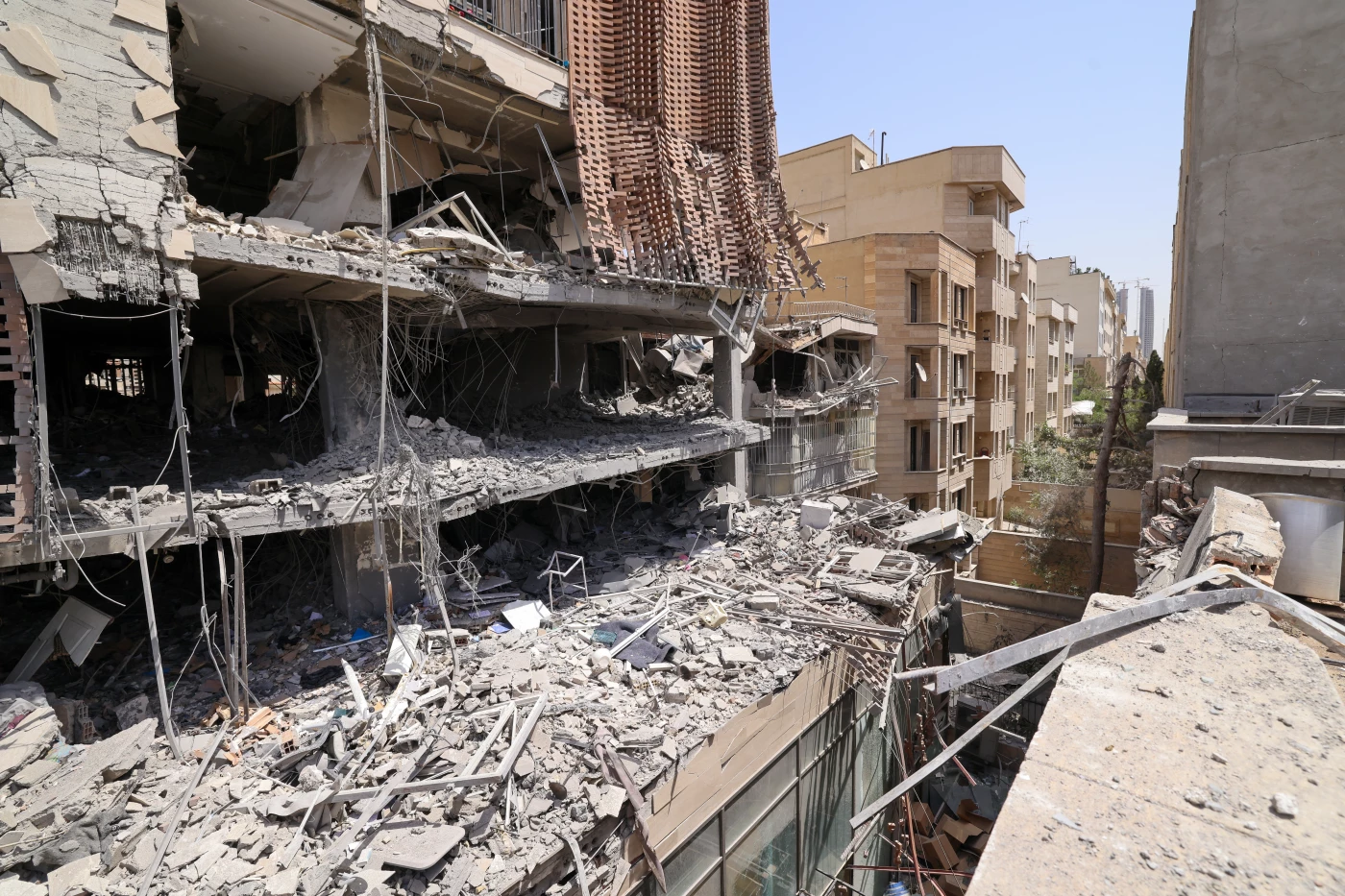
 Facebook
Facebook
 LinkedIn
LinkedIn
 Telegram
Telegram
 X
X
